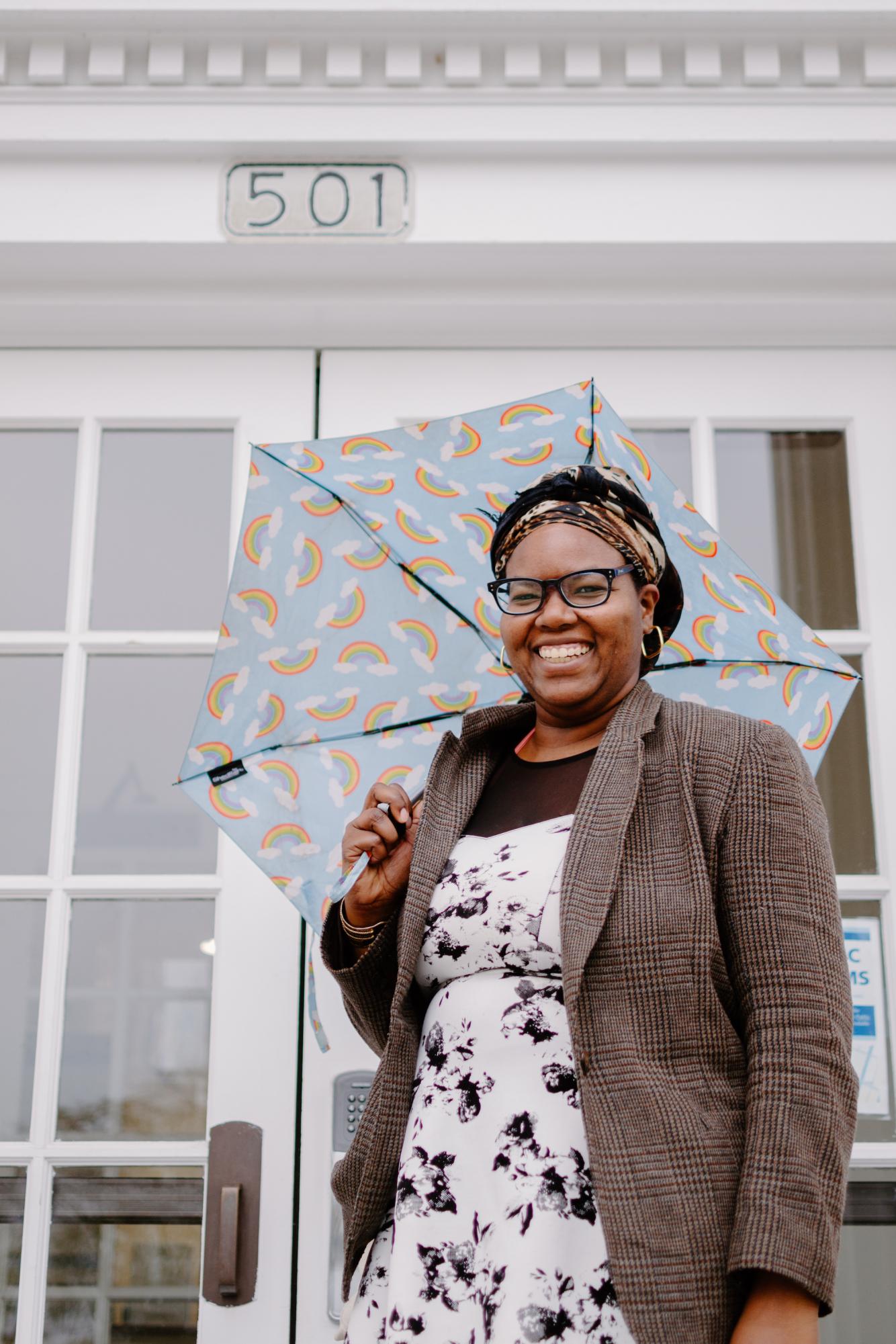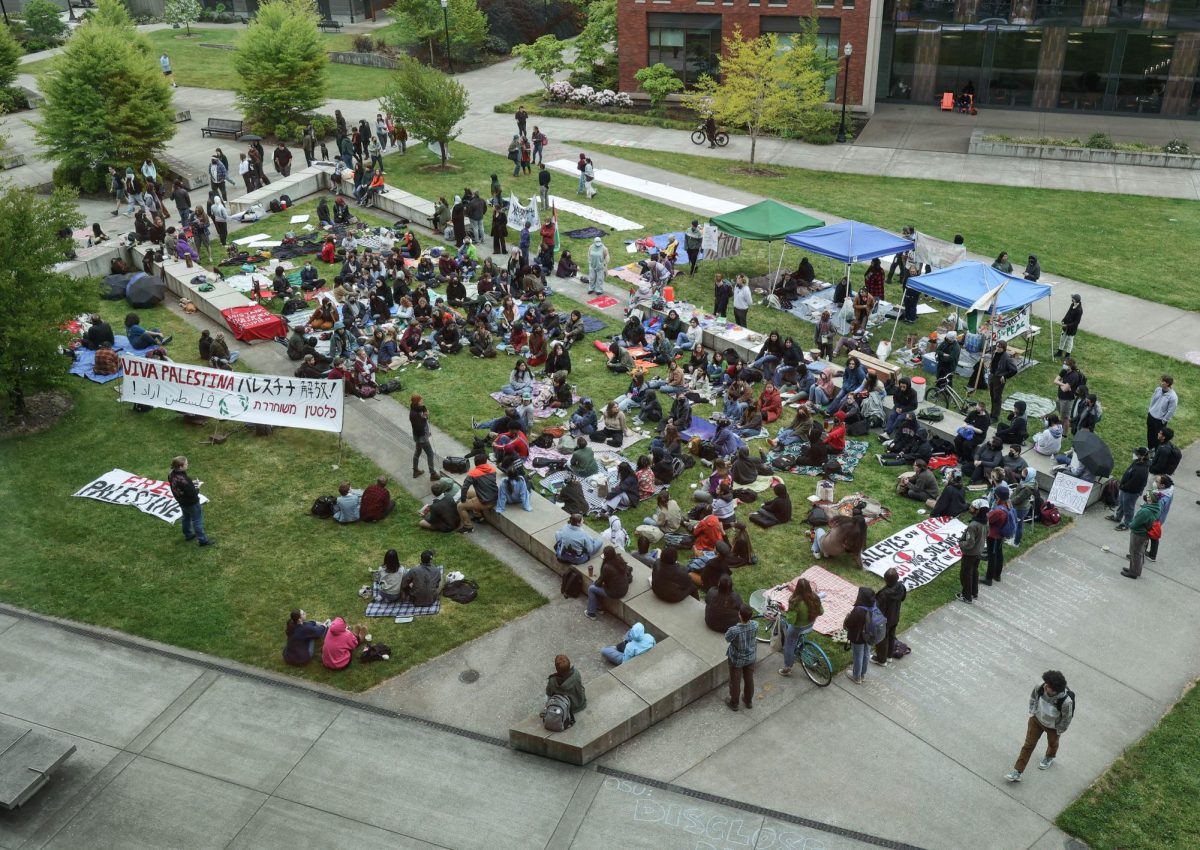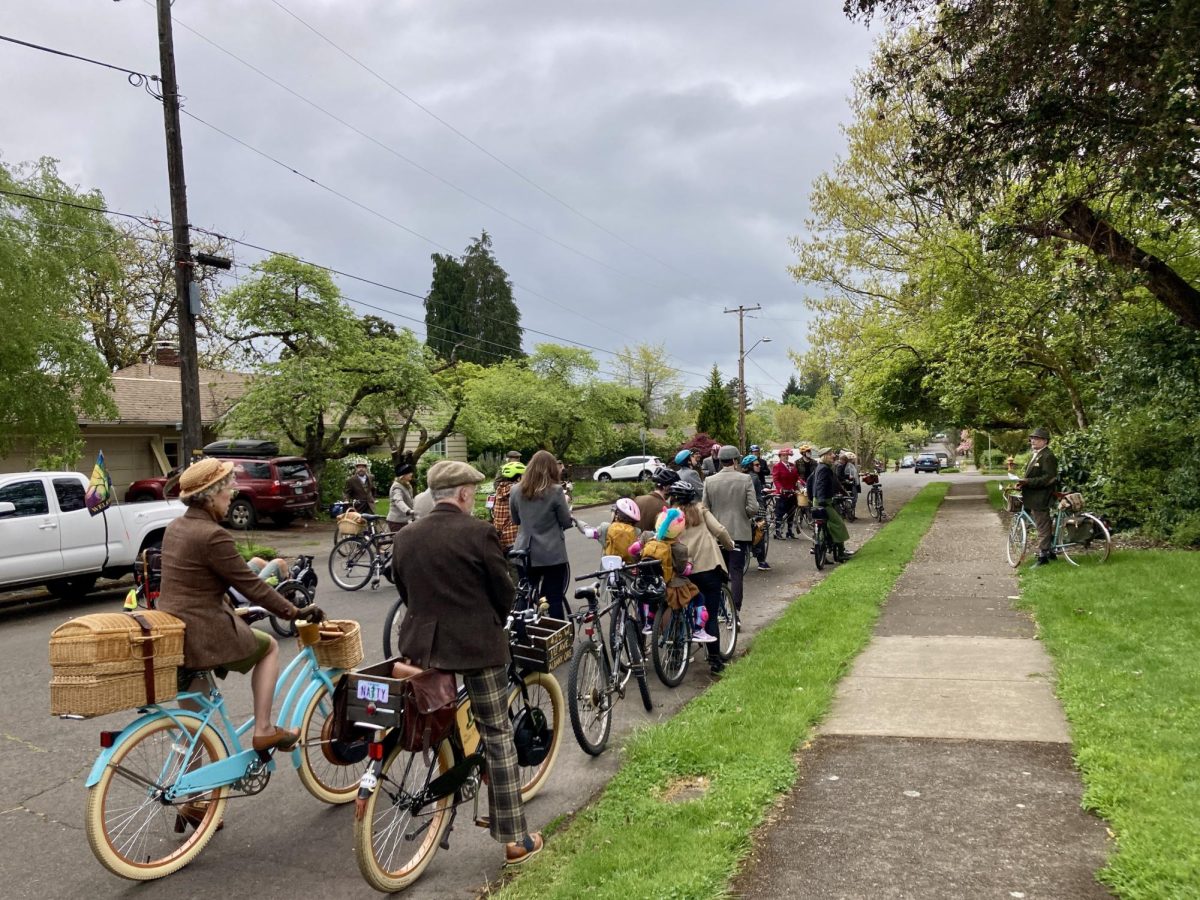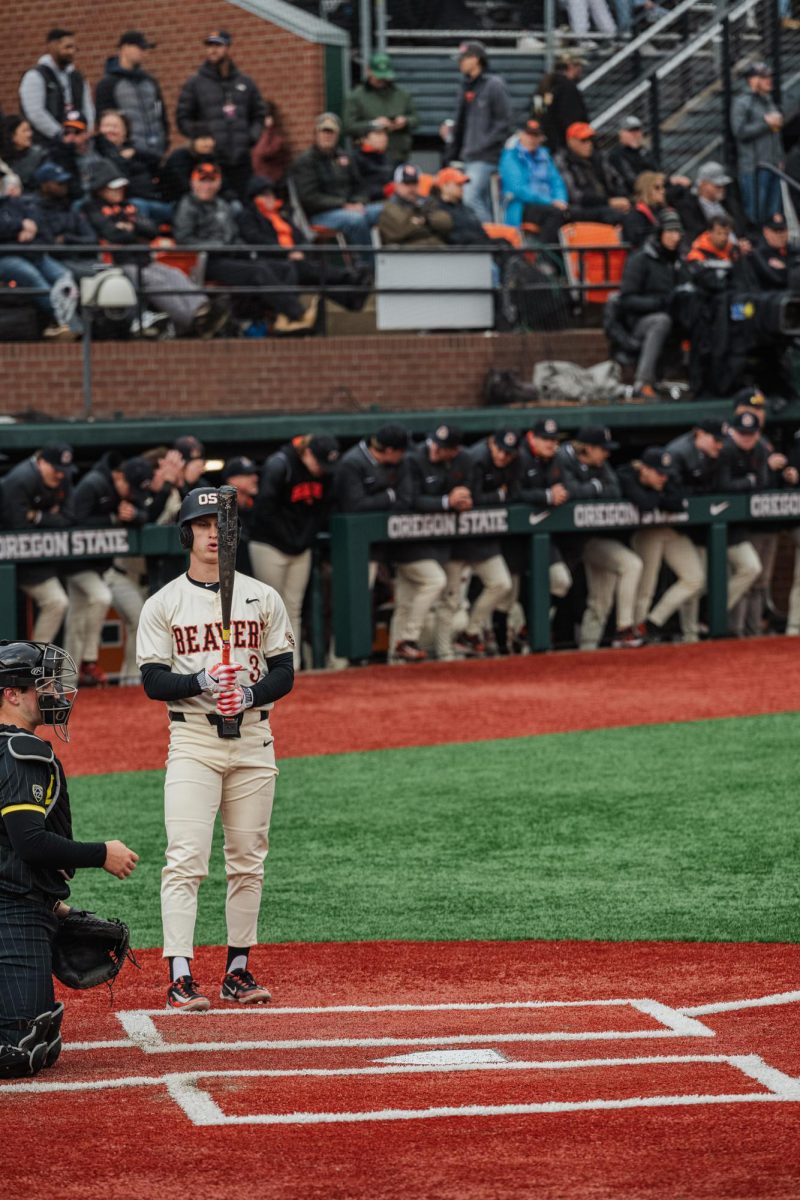Ward 2 City Councilor Briae Lewis is expected to attend four liaison appointments, city council meetings and connect with citizens on top of her day job as a daycare employee.
Despite what might seem like an arduous workload, Lewis also manages depression, Generalized Anxiety Disorder and Attention Deficit Hyperactivity Disorder, which has come with its own limitations and advantages.
She described her mental health journey as a “bumpy road,” starting with her diagnosis of moderate depression in 2008 and brought on by the death of her mother, something that has stuck with her to the present day.
It was another 12 years until Lewis was diagnosed with anxiety and ADHD. Upon arriving in Oregon in October 2019, she was able to use the Oregon Health Plan, Oregon’s public health insurance, to get a therapist, who diagnosed her with GAD.
Lewis began to wonder if she had ADHD when she started talking to friends that were diagnosed with the disorder and was able to relate to them.
“I was always relating to different things that they did or said and I was like, ‘Maybe I do have ADHD,’” Lewis said.
For Lewis, the diagnosis process has been incredibly powerful.
“It helped with me trying to figure out what I wanted to do in life, and how I wanted to go forward with that, including moving (to Oregon),” Lewis said.
Her diagnoses have not only helped her to move forward, but also the people around her. After Lewis told her father that ADHD was genetic, he began to think about his own mental health.
“He’s been trying to look into his own mental health, which I’m proud of him for,” Lewis said. “Which I think was helpful because … he’s like, ‘I’m too old to figure that out’ and I’m like, ‘You’re never too old to figure that out.’”
Being a city councilwoman and daycare worker, one of Lewis’ biggest struggles in balancing her work and mental health is finding time to see a doctor. Since she doesn’t have much time on her hands, she has to create time to take care of her mental and physical health.
Luckily, both of Lewis’ jobs allow her some schedule flexibility, which helps her balance her jobs and her mental health. One thing she finds helpful is the ability to Zoom into her city council meetings.
Because she can attend them virtually, Lewis doesn’t have to worry about getting to city council meetings if she has schedule conflicts or if she’s sick, or even if she just needs time for herself.
“I think that’s also helped me with even just having a mental health day,” Lewis said.
Although she deals with mental health issues, she does not let them get in her way. Her approach to mental health is a “no excuses” mentality, which involves using her challenges to push her towards new coping mechanisms rather than away from opportunities.
“I’m very introverted but being able to push myself into interviews, into meetings, into people talking to me afterwards and into going to events helped me, not so much no longer be an introvert and no longer have those anxieties, but it helps me find ways to find new coping mechanisms,” Lewis said.
She uses her experiences to try to benefit the citizens of Corvallis who might be otherwise overlooked. Her identity as a Black, gay woman who struggles with mental health informs her decisions on policy, as she tries to understand the issues from competing perspectives.
When discussing policy, she thinks about who it would benefit and who it may disadvantage or neglect.
“I can put all of those little tidbits together and be like, ‘Oh, this is not a good idea,’ or like, ‘This is a fantastic idea,” Lewis said.
For Corvallis, Lewis wishes there were more mental health resources, especially for the unhoused. She sees the lack of resources as both a local and national problem.


















































































































